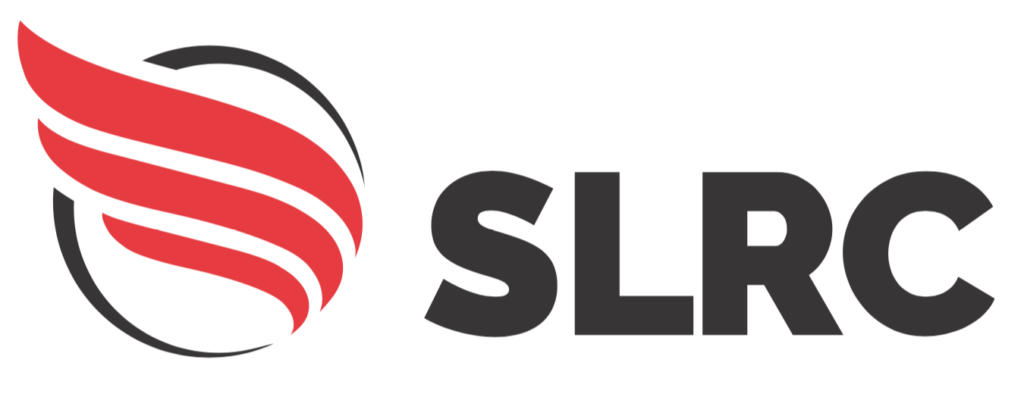By Dr. Michael Cerami
1/6/13
Physicians are seeing more and more research coming out on the dangers of people using over NSAID (non-steroidal anti-inflammatory) over the counter pain medication. The most common names of these products are: Aspirin, Motrin, Advil, Naprosyn, Aleve, Relafen. Athletes have jumped on this bandwagon and been increasing the consumption of NSAIDs based on the incorrect belief of their safety. Over the past 3 years, more and more “casual” athletes have been taking NSAIDS before, during and after training events and races to avoid the discomfort from the activity. In my opinion (and many other physicians) this is a very bad idea because there are much safer and affordable alternatives (see end of article).
Below are the highlights from Surgical Neurological International,
Abstract: December 2010
The use of both over-the-counter and prescription nonsteroidal medications is frequently recommended in a typical neurosurgical practice. But persistent long- term use safety concerns must be considered when prescribing these medications for chronic and degenerative pain conditions.
Although nonsteroidal medications can be effective, herbs and dietary supplements may offer a safer, and often an effective, alternative treatment for pain relief, especially for long-term use.
These authors also note:
-
“In most cases, the genesis of pain is inflammatory, regardless of the etiology.”
-
“The use of non-steroidal anti-inflammatory drug (NSAID) medication is still the mainstay of most classically taught clinicians for joint and spine related inflammatory pain, despite their commonly known side effects.”
-
“Nonselective NSAIDs’ major side effects include significant gastrointestinal upset, gastritis, ulceration, hemorrhage, and even death. By blocking COX-1, which also normally acts to protect the gastrointestinal mucosa, nonselective NSAIDs and aspirin can cause significant gastric tissue damage.”
-
“NSAIDs can delay muscle regeneration and may reduce ligament, tendon, and cartilage healing.”
-
NSAIDs also have adverse effects on kidney function. “The National Kidney Foundation asserts that approximately 10% of kidney failures per year are directly correlated to substantial overuse of NSAIDs.”
-
Selective COX-2 inhibiting NSAIDs were thought to reduce inflammatory pain without enhancing GI bleeding. Celebrex was FDA approved in 1998, followed by the approval of Vioxx and Bextra in 1999. These drugs “quickly became the mainstay for the treatment of chronic pain conditions related to inflammation.”
-
On September 30, 2004, Vioxx was withdrawn because it “doubled the risk of serious thromboembolic events, including myocardial infarction.”
-
“Because of the significant side effect profiles of steroidal and NSAID medications, there is a greater interest in natural compounds, such as dietary supplement and herbal remedies, which have been used for centuries to reduce pain and inflammation.”
Natural Alternatives for Pain treatment
For your safety, always consult with your physical before stopping, changing or adding to your medication and supplementation regime.
Omega – 3 EFAs (Fish Oil) – The best choice
-
Research has shown that the omega – 3 polyunsaturated fatty acids are some of the most effective natural anti-inflammatory agents available.
White willow bark
-
Bark from the white willow tree has analgesic antipyretic properties.
Curcumin (tumeric)
-
Contains anti-inflammatory, anti-oxidant and antineoplastic effects. We recommend a product called Phenocane (sold over the counter and at our office).
Green tea
-
Has cardiovascular and cancer preventative characteristics due to its antioxidants properties. RedHart is a great anti-oxidant available at the office. I use it daily to mitigate the effects of chlorine from 4-5 days of swimming per week.
Pycnogenol (maritime pine bark)
-
Great for wound healing, healing of ulcers, and reducing vascular inflammation.
Resveratrol
-
Research has shown it to be helpful in neuro and cardioprotection, but several studies are being reported on resveratrol’s use for arthritic joint pain.
Uncaria tomentosa (cats claw)
-
The bark of cat’s claw is used to treat arthritis, bursitis and intestinal disorders as it inhibits NFkB and the production of pro-inflammatory cytokines..
Capsaicin (chili pepper)
-
In a general way, it increases nerve endings pain threshold. Phenocane has high concentration of Capsaicin as its primary ingredient.
Dr. Michael Cerami writes a weekly blog for Utah Sports and Wellness and has been a competitive triathlete for over 18 years. He is available for a free injury evaluation one Saturday per month at The Salt Lake Running Company (700 East store) by appointment. He can be reached at 801-486-1818 or online at www.utahsportsandwellness.com

